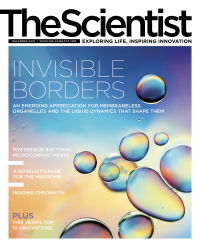 Before we present this week’s Weekend Reads, a question: Do you enjoy our weekly roundup? If so, we could really use your help. Would you consider a tax-deductible donation to support Weekend Reads, and our daily work? Thanks in advance.
Before we present this week’s Weekend Reads, a question: Do you enjoy our weekly roundup? If so, we could really use your help. Would you consider a tax-deductible donation to support Weekend Reads, and our daily work? Thanks in advance.
The week at Retraction Watch featured a new entry on our leaderboard; a third retraction for a prominent Cornell psychology researcher; and a former postdoc banned from Federal funding after lying about the extent of his misconduct. Here’s what was happening elsewhere: Continue reading Weekend reads: Why more papers should be retracted; predictors of “grateful” acknowledgements; multi-million dollar settlement for fake rankings data








